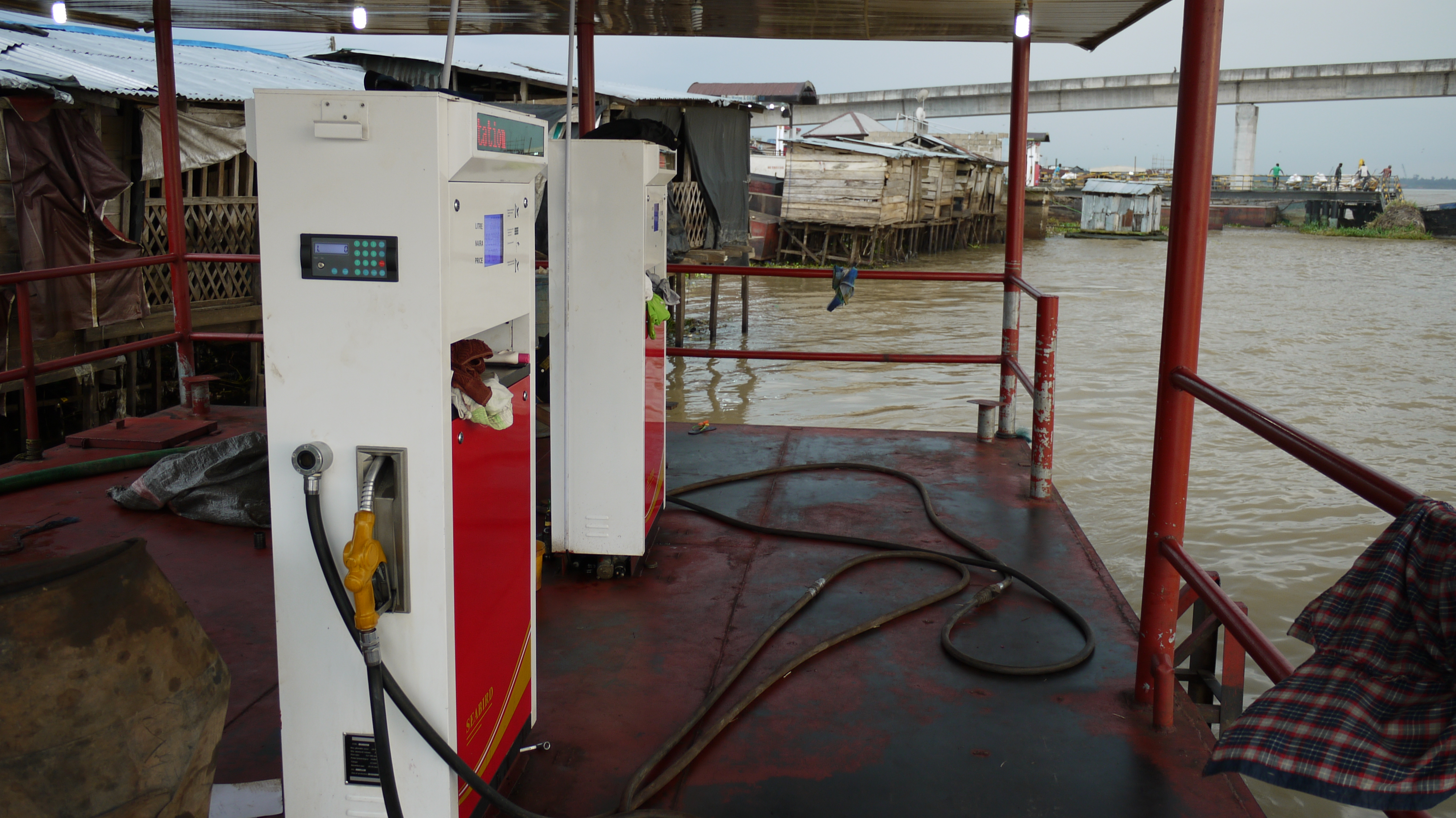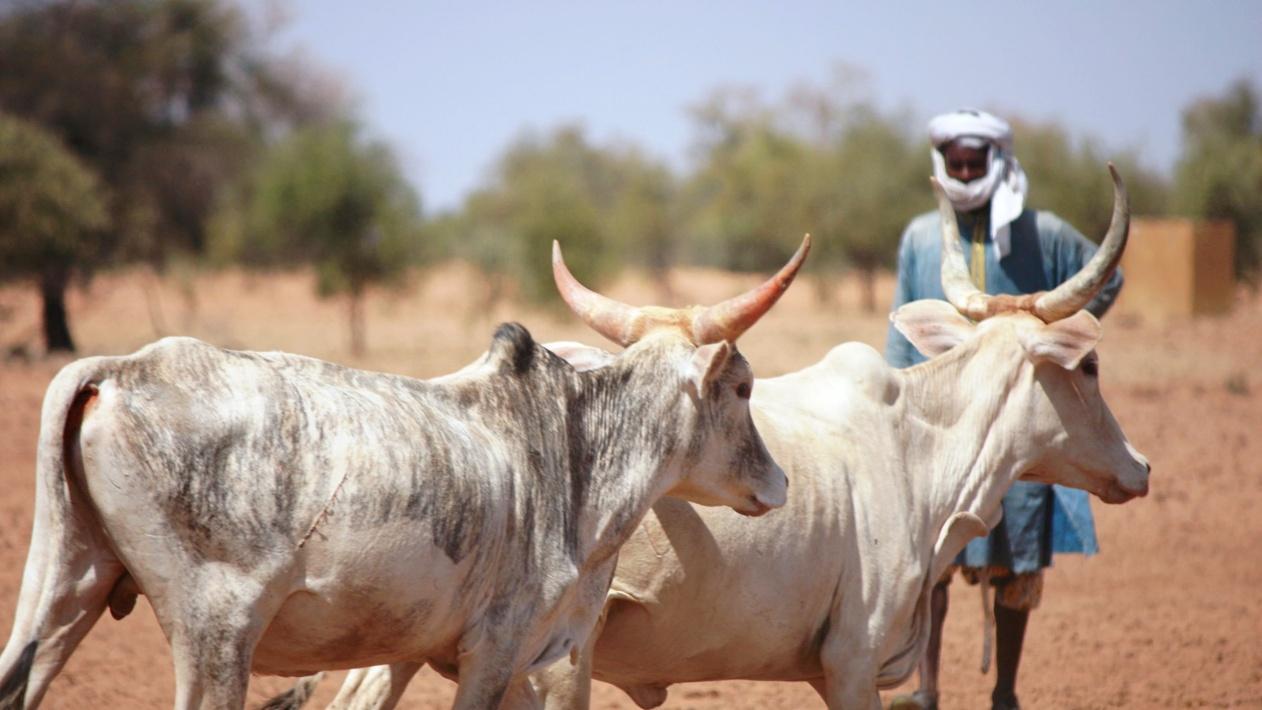How can Africa make a meaningful contribution to the global effort against climate change? That was the premise of a recent event here at LSE. Professor Samuel Fankhauser, Co-Director of the Grantham Research Institute on Climate Change and the Environment outlines the challenges ahead.
No other continent has more at stake in the fight against climate change than Africa. African countries are among the most vulnerable to the negative impacts of climate change, as joint research by LSE’s Grantham Research Institute and the World Bank shows.[1] At the same time Africa contributes precious little to the problem. Africa’s annual greenhouse gas emissions amount to less than six per cent of the world total.
With their low per capita incomes African countries are not expected to assume binding emission reduction targets anytime soon. Their priority is poverty alleviation – and increasingly the safeguarding of development progress against the risks of climate change.
Yet it would be unwise for African countries not to prepare for a low-carbon future. Remaining a high-carbon economy in a world that increasingly demands, trades and produces low-carbon goods would be detrimental to growth.
What is more, Africa can make a meaningful contribution to the global effort against climate change. There are many cheap opportunities to reduce emissions in renewable energy, land-use change, energy efficiency and elsewhere. Realising them makes sense from an international perspective but also for African countries themselves, if emission reductions can be monetised in the international carbon market.
The international community has been promised additional funding to address climate change in developing countries, both for reducing emissions and to adapt to a warmer climate. However, ultimately it will be trade, not aid, that helps Africa deal with climate change.
This at least was the premise of a recent workshop the Grantham Research Institute co-hosted with the Carbon Market & Investors Association. The carbon investment practitioners of the CMIA made a powerful case at the workshop that low-carbon investments in Africa can be financially attractive.
However, the barriers are formidable. Doing business in Africa is difficult even for mainstream investors, as the business environment surveys of the World Bank routinely show. Add to this the complexities of carbon trading and the prospects become doubly daunting.
A key problem is that the sort of projects African countries would be good at – small-scale programmes and forestry-based projects, for example – are not favoured by current trading rules. For example, the EU Emissions Trading Scheme, the biggest source of international carbon demand, does not currently recognise forest projects. Yet land-use change and forestry account for over a half of Africa’s carbon dioxide emissions.
As a representative from the European Commission explained, there are legitimate concerns about the environmental integrity of forest projects. It is much harder to ascertain whether they result in genuine emission reductions than it is for other interventions.
Despite these problems workshop participants were optimistic. There is no doubt that existing efforts need to be scaled up if Africa is to meet its climate change challenge. However, in an unexpected way, climate change could turn into an opportunity for those African countries that are willing to embrace the low-carbon revolution.
Funding from the ESRC, Munich Re and Grantham Foundation for the Protection of the Environment is gratefully acknowledged.
[1] Barr, R., S. Fankhauser and K. Hamilton (2010). “Adaptation Investments: A Resource Allocation Framework”, in: Mitigation and Adaptation Strategies for Global Change, 15(8): 843-858.





